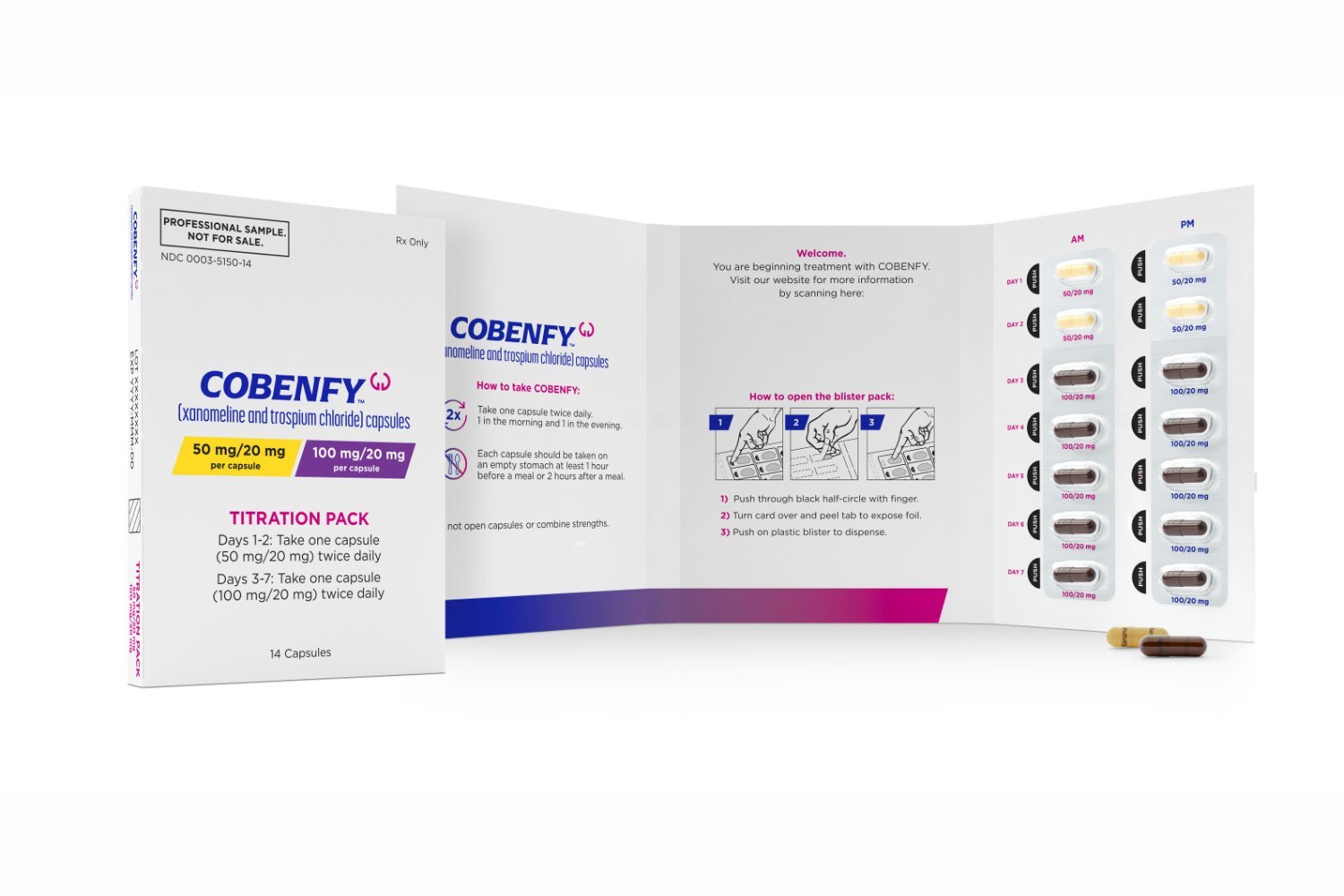Schizophrenia, a severe mental illness affecting less than one percent of the population, has seen a significant advancement in treatment with the FDA approval of Cobenfy. This marks the first new drug for the condition in over 70 years, offering renewed hope for individuals struggling with this challenging disorder. Unlike traditional antipsychotics that target dopamine, Cobenfy focuses on the neurotransmitter acetylcholine, providing a novel approach to managing schizophrenia symptoms.
Schizophrenia is characterized by distorted thoughts, beliefs, and perceptions that are disconnected from reality. While existing antipsychotic medications can alleviate symptoms like hallucinations, many patients experience limited effectiveness or struggle with debilitating side effects. This has driven researchers to explore alternative treatment strategies, and Cobenfy emerges as a groundbreaking solution. As Tiffany Farchione, director of the Division of Psychiatry at the FDA’s Center for Drug Evaluation and Research, stated in the FDA’s announcement, “This drug takes the first new approach to schizophrenia treatment in decades. This approval offers a new alternative to the antipsychotic medications people with schizophrenia have previously been prescribed.”
Traditional antipsychotics primarily target dopamine production in the brain, as some schizophrenia symptoms are linked to dopamine imbalances. However, dopamine isn’t the only neurotransmitter involved, and solely adjusting dopamine levels often proves insufficient for effective management. Cobenfy, formerly known as KarXT, breaks new ground by targeting acetylcholine, offering a novel mechanism of action unseen since the 1950s.
Cobenfy is a twice-daily pill combining two drugs: xanomeline and trospium chloride. Xanomeline stimulates muscarinic acetylcholine receptors M1 and M4, but its previous use was hampered by adverse effects from activating these receptors outside the brain. Trospium chloride, a muscarinic receptor antagonist that doesn’t readily cross the blood-brain barrier, is included to counteract these off-target effects.
Clinical trials demonstrate Cobenfy’s efficacy, showing significant improvement in schizophrenia symptoms compared to a placebo. While generally well-tolerated, common side effects include nausea, indigestion, constipation, and vomiting. The drug is not recommended for individuals with kidney or liver impairment, urinary retention, or certain types of glaucoma.
Further research is necessary to compare Cobenfy’s performance against existing antipsychotics. Nevertheless, its unique mechanism of action holds immense potential for patients who haven’t responded to current therapies, and it could pave the way for even more effective treatments in the future. David Curtis, a psychiatrist and honorary professor at University College London, noted, “Overall, I think this treatment does offer psychiatrists a completely new way of trying to help people with schizophrenia and I would expect that there will be some patients who will derive considerable benefit from it.”
While Cobenfy represents a major breakthrough, its cost may pose a challenge for some. Bristol Myers Squibb has set the list price at $1,850 per month, or $22,500 annually, before insurance and rebates. However, the company plans to initiate a patient support program. Cobenfy is anticipated to be available by late October.











